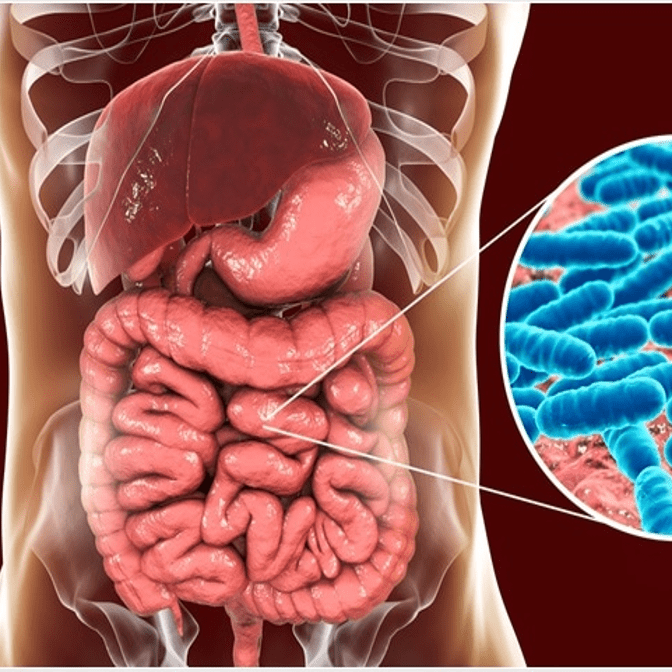
Ever heard the terms “prebiotics” and “probiotics” thrown around but weren’t quite sure what they meant? Both are essential for a healthy gut, but they work in very different ways. This post will…

IBS does not have a cure, and does not go away with medication or special diets. The primary preventative measure is to identify and avoid individual triggers. Some treatment options that have been…

Irritable is meant to indicate heightened sensitivity. It implies that the nerve endings in the bowel wall, which control muscle function and affect sensation of the gut, are unusually sensitive. This means that…

Different Colors of Stool While brown is considered the “normal” color s for stool, greenish-brown hues may also be seen as normal. Some other colors are: Black: Stools that are black, especially if…

Diet appears to play an important role in IBS, with up to 84 percent of sufferers reporting food‐related symptoms, especially for foods containing fermentable carbohydrates and fats. Most patients are keen to explore…

It is common for the symptoms of IBS to fluctuate over time – there are good times and bad times. IBS symptoms can vary greatly between individuals and they might vary over time….

IBS has a substantial effect on quality of life, which might be greatest in those with predominant diarrhea (IBS-D), for whom the fear of incontinence in a social situation can be especially debilitating….

The Rome Criteria is a set of guidelines that outline symptoms and apply parameters such as frequency and duration to diagnose IBS. For this reason, in 1988, a group of physicians defined criteria…

It has been classified into four main types depending on whether diarrhea is common, constipation is common, both are common, or neither occurs very often (IBS-D, IBS-C, IBS-M, or IBS-U respectively). Classifying patients…

The exact cause of IBS is unknown. IBS is a diagnosis of exclusion, which means that other diseases and infections must be ruled out before it can be diagnosed. Physicians often run several…

IBD and IBS are two illnesses that can affect the gastrointestinal (GI) tract. Both can cause abdominal pain and changes in bowel movements. However, they are not the same. While there are many…

As we age, our immune system undergoes significant changes, adapting to maintain a delicate balance between defense and tolerance. This intricate process allows it to effectively combat harmful invaders while distinguishing and tolerating…

The exact causes of IBS are unknown. IBS is a diagnosis of exclusion, which means that other diseases and infections must be ruled out before it can be diagnosed. Potential causes of IBS…

